Waste Management
Products and Solutions for Environmental Markets Around the World
Apr 15 2014
The world’s most important trade show for environmental technology IFAT – taking place between May 5 and 9, 2014 in Munich – will again be a showcase for innovations designed to meet the environmental challenges in regions around the world. Significant new business potential is opening up in a number of different markets.
In Europe there is still an east-west divide when it comes to the management of waste. In Central and Eastern Europe there are large and growing markets, and the potential here is being explored step by step. For example, in the middle of last year new definitions in the processing of waste came into force in Poland: the cities and local authorities are now legally the "owners" of the waste produced in their areas, and therefore also responsible for its disposal. Under the new regulations, Polish households are now obliged to separate their waste. Also, of the around 600 legal waste dumps in the country, at least 300 will have to close in the coming years, either because they do not conform to EU standards or because they have reached their capacity limits. This restructuring is giving a boost to waste-incineration plants and recycling technologies. The economic development agency Germany Trade & Invest (GTAI) puts the value of the Polish waste-disposal market in 2013 at 1.4 to 1.5 billion euros.
Kazakhstan, too, in the middle of the Eurasian land mass, is also modernizing its waste-disposal systems. According to GTAI, in January 2014 the government of this, the largest land-locked country in the world approved a program of investment that sees around 576 million euros flowing into the sector up until 2020. The plan is to introduce separation of waste in stages, to modernize its fleets of waste-collection vehicles, and to build new waste-processing plant.
Around the world there is increasing acceptance of waste incineration coupled with energy generation, in particular in regions with a high population density, such as Europe, the Middle East and South Asia. Consultants Frost & Sullivan predict that the global market in such waste-to-energy plant will rise to around 21 billion euros by the year 2016 (2012: just under 13 billion euros). The most attractive prospects for this growth, say the analysts, are to be found in the Asia-Pacific region. Hong Kong is a good example: According to information from GTAI, the government of this Special Administrative Region is set to invest almost 2.9 billion euros in waste processing by 2020, and included in this plan is a mega waste-incineration plant with a capacity for 3,000 tonnes per day.
As Germany’s Federal Statistical Office reported early this year, in 2011 German manufacturers invested a total of 2.9 billion euros in the protection of surface waters and ground water, for example in neutralization and sewage plant. Nevertheless the German market in the water sector is seen as virtually saturated, according to the German Water Partnership (GWP). Since 2008 this network of companies has therefore been identifying interesting markets abroad. One of the countries currently attracting renewed interest is Iran. Dr. Shahrooz Mohajeri, Managing Director of the Berlin-based inter 3 Institute for Resource Management and GWP Board Member, reports that "the Iranian water economy is facing the challenge of supplying more and more drinking water to a rapidly rising number of households, in the face of diminishing and ever poorer-quality water resources with wide differences in regional distribution."
Together with the easing and possible removal of international sanctions against Iran by summer this year, significant potential would result for the international water sector. The Iranian government is planning, for example, to modernize the country’s drinking water plant and to build additional desalination facilities. Other focuses in terms of water and wastewater management in Iran are to extend the sewerage networks and treatment plants in the cities and build new installations in rural areas. A sum of around 25 million euros is to be invested in the coming years solely in connecting more households in urban areas to the municipal sewerage network – today only around 37 percent of properties are connected, and the plan is to increase this to 65 percent by 2025.
These facts and figures speak for themselves and they illustrate very well just how much potential there is in the environmental technology sector. The conditions are therefore excellent for the exhibitors at IFAT to present their products, innovations and above all solutions to these and other markets between May 5 and 9, 2014, in Munich.
Events
Nov 26 2024 Paris, France
Nov 27 2024 Istanbul, Turkey
H2O Accadueo International Water Exhibition
Nov 27 2024 Bari, Italy
Biogas Convention & Trade Fair 2024
Nov 27 2024 Hanover, Germany
Dec 11 2024 Shanghai, China
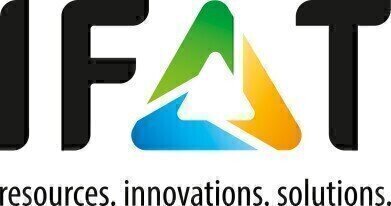
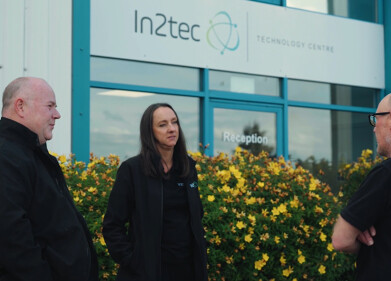
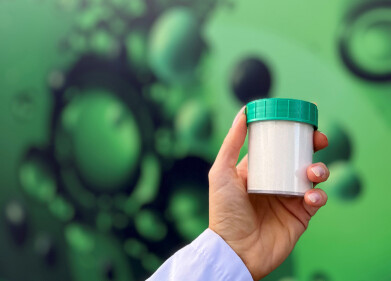
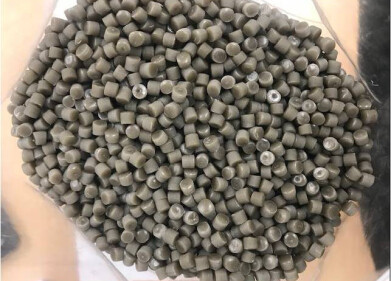
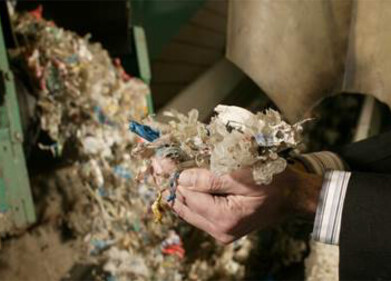


-as-feedstock.jpg)






